Allal El Fassi, a visionary leader of the Istiqlal Party, was pivotal in Morocco’s independence movement from the 1930s to 1956. He championed Pan-Arabism, democratic ideals, and national unity, playing a key role in drafting the 1944 Manifesto of Independence. His intellectual contributions inspired anti-colonial movements across North Africa.
Historical Political Heroes
political Heroes
The Icons of Morocco’s Past
Courageous figures who fought for independence, justice, and national identity. Their resilience and leadership laid the foundation for a strong and unified Morocco.
Morocco’s political heroes were visionary leaders who spearheaded the fight against French and Spanish colonial rule. Through diplomatic efforts, political activism, and the formation of nationalist movements, they united the nation in the quest for sovereignty. Their dedication to freedom, justice, and democracy paved the way for Morocco’s independence in 1956.
Pioneers of Morocco’s Liberation
Morocco’s political heroes were the masterminds behind the country’s struggle for freedom. Through strategic diplomacy, nationalist movements, and political activism, they united Moroccans against colonial rule. Their unwavering commitment to sovereignty, justice, and democratic ideals played a crucial role in achieving Morocco’s independence in 1956, leaving a lasting national legacy.
Mehdi Ben Barka
Active: 1940s–1965
Prominent Moroccan politician, anti-colonial activist, and opposition leader who played a key role in shaping Morocco’s post-independence political landscape. Born in 1920 in Rabat, he was one of the first Moroccans to graduate in mathematics and became a teacher to King Hassan II before turning to politics.
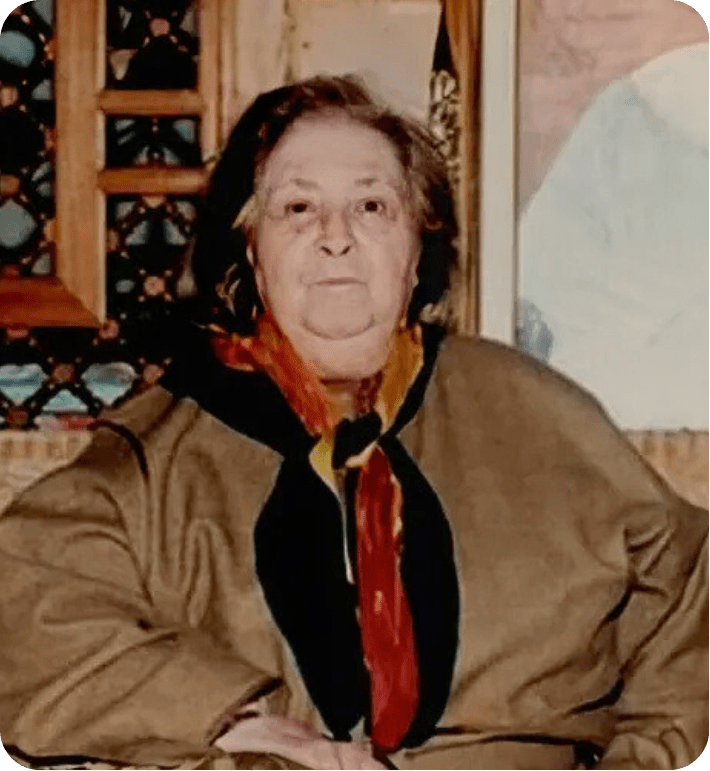
Malika Al Fassi
Active: 1930s–1970s
Pioneering Moroccan writer, activist, and the only woman to sign Morocco’s 1944 independence manifesto. A passionate advocate for women’s rights and education, she played a crucial role in advancing literacy and social reform, becoming a symbol of empowerment in Moroccan history.
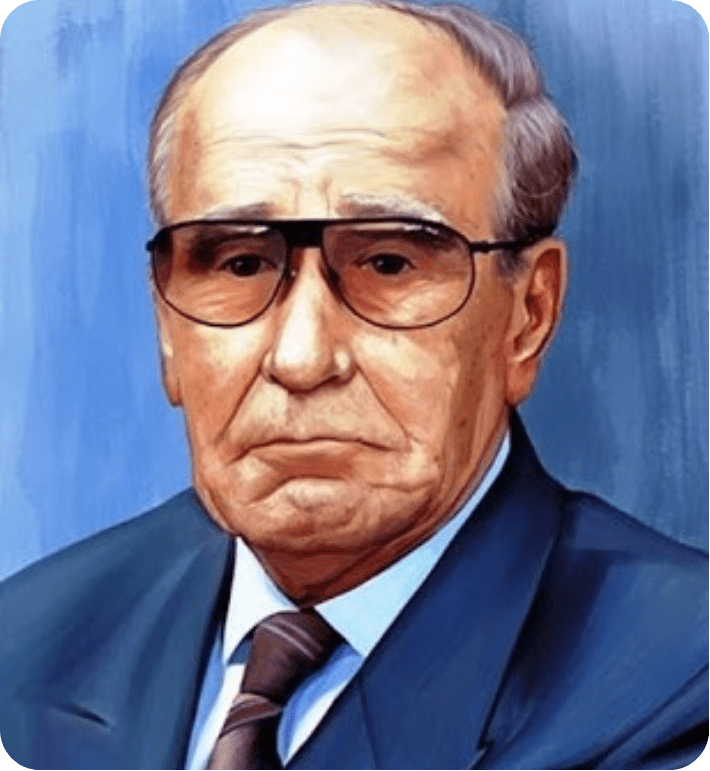
Abderrahim Bouabid
Active: 1940s–1992
Key Moroccan politician, nationalist leader, and founding member of the National Union of Popular Forces (UNFP). A strong advocate for democracy and social justice, he played a vital role in Morocco’s independence movement and later became a prominent opposition figure against authoritarian rule.
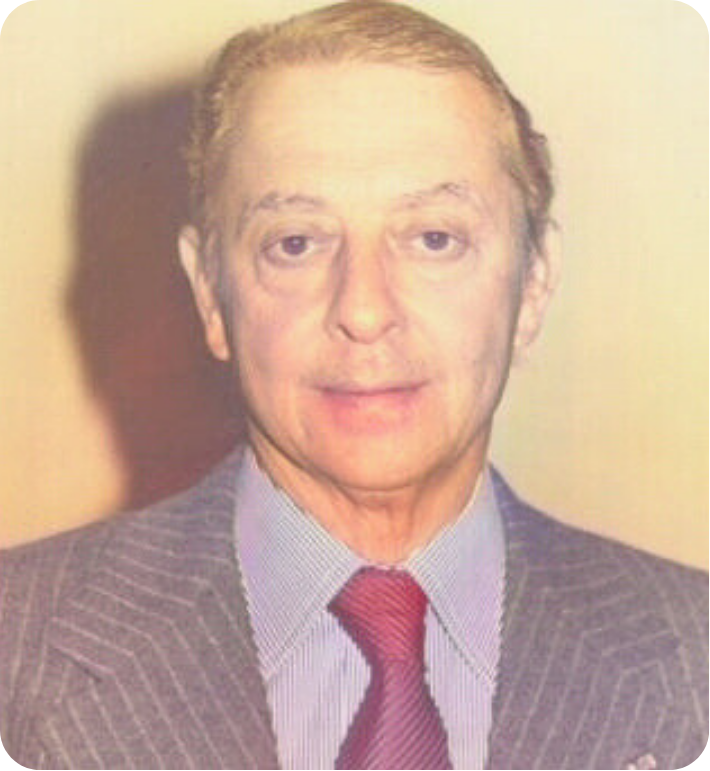
Abdelhadi Boutaleb
Active: 1950s–1990s
Prominent Moroccan historian, politician, and diplomat. A close advisor to King Hassan II, he served in various ministerial roles and as ambassador to key countries. Known for his scholarly contributions, he played a significant role in shaping Morocco’s modern political and diplomatic landscape.
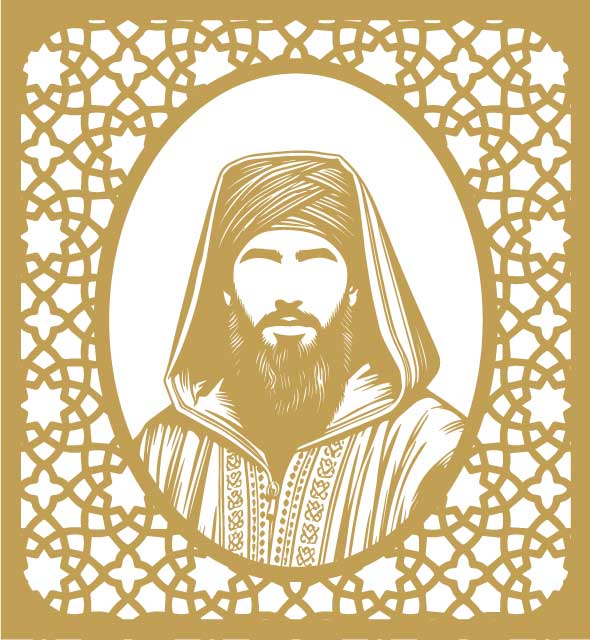
Allal El Fassi
Active: 1930s–1974
Allal El Fassi was a nationalist leader and head of the Istiqlal Party, playing a pivotal role in Morocco’s independence from France. As a writer and intellectual, he championed Pan-Arabism and democratic reforms, leaving a lasting impact on Morocco’s political and cultural identity.

Ahmed Balafrej
Active: 1940s–1970s
Ahmed Balafrej was a founding member of the Istiqlal Party and a key negotiator of Morocco’s independence from France. As Prime Minister, he helped shape Morocco’s post-independence government and foreign policy, influencing the nation’s political direction for years to come.

Abdelkrim El Khattabi
Active: 1920s–1960s
Abdelkrim El Khattabi was a revolutionary leader of the Rif Republic, leading fierce resistance against Spanish and French colonial forces. His innovative guerrilla tactics inspired global anti-colonial movements, making him a symbol of Moroccan resilience and the fight for independence.

Omar Benjelloun
Active: 1950s–1975
Omar Benjelloun was a journalist, lawyer, and leading figure in the UNFP. A passionate advocate for democracy and social justice, he was a vocal critic of authoritarianism. His assassination in 1975 marked a dark chapter in Morocco’s political history, highlighting the risks faced by dissidents.

Fqih Basri
Active: 1940s–1990s
Fqih Basri was a prominent leftist leader and co-founder of the UNFP. Known for his fierce opposition to authoritarian rule, he spent much of his life in exile, representing the radical wing of Morocco’s opposition. His dedication to democracy made him a symbol of resistance.

Abdallah Ibrahim
Active: 1940s–1960s
Abdallah Ibrahim was a nationalist and socialist leader who served as Morocco’s Prime Minister from 1958 to 1960. He pushed for progressive reforms and sought to limit monarchical power. Though ousted, his commitment to democratic principles left a lasting legacy.

Mohammed El Yazghi
Active: 1960s–2000s
Mohammed El Yazghi was a key leader in the Socialist Union of Popular Forces (USFP) and played a vital role in Morocco’s political transition during the 1990s. He served in various ministerial roles, advocating for environmental reforms and social justice throughout his career.

Abdessalam Yassine
Active: 1970s–2012
Abdessalam Yassine was the founder of Al Adl wal Ihsane (Justice and Spirituality), Morocco’s most prominent Islamist movement. He opposed the monarchy’s political authority, advocating for an Islamic state. Despite years under house arrest, his influence on Morocco’s political landscape remained strong.

Driss Basri
Active: 1970s–1999
Driss Basri was Morocco’s powerful Minister of the Interior under King Hassan II, known for his role during the “Years of Lead,” a period marked by political repression. His dismissal in 1999 symbolized the beginning of political reforms and a new era in Moroccan governance.

Mohamed Benjelloun Touimi
Active: 1930s–1970s
Mohamed Benjelloun Touimi was a prominent nationalist and early member of the Istiqlal Party. He played a key role in Morocco’s fight for independence and later held various political positions, contributing significantly to shaping the country’s post-colonial political landscape.

Abdelkhalek Torres
Active: 1930s–1960s
Abdelkhalek Torres was a journalist, playwright, and nationalist leader who fought against Spanish colonial rule in northern Morocco. After independence, he served in government roles, leaving a lasting cultural and political legacy through his writings and activism.
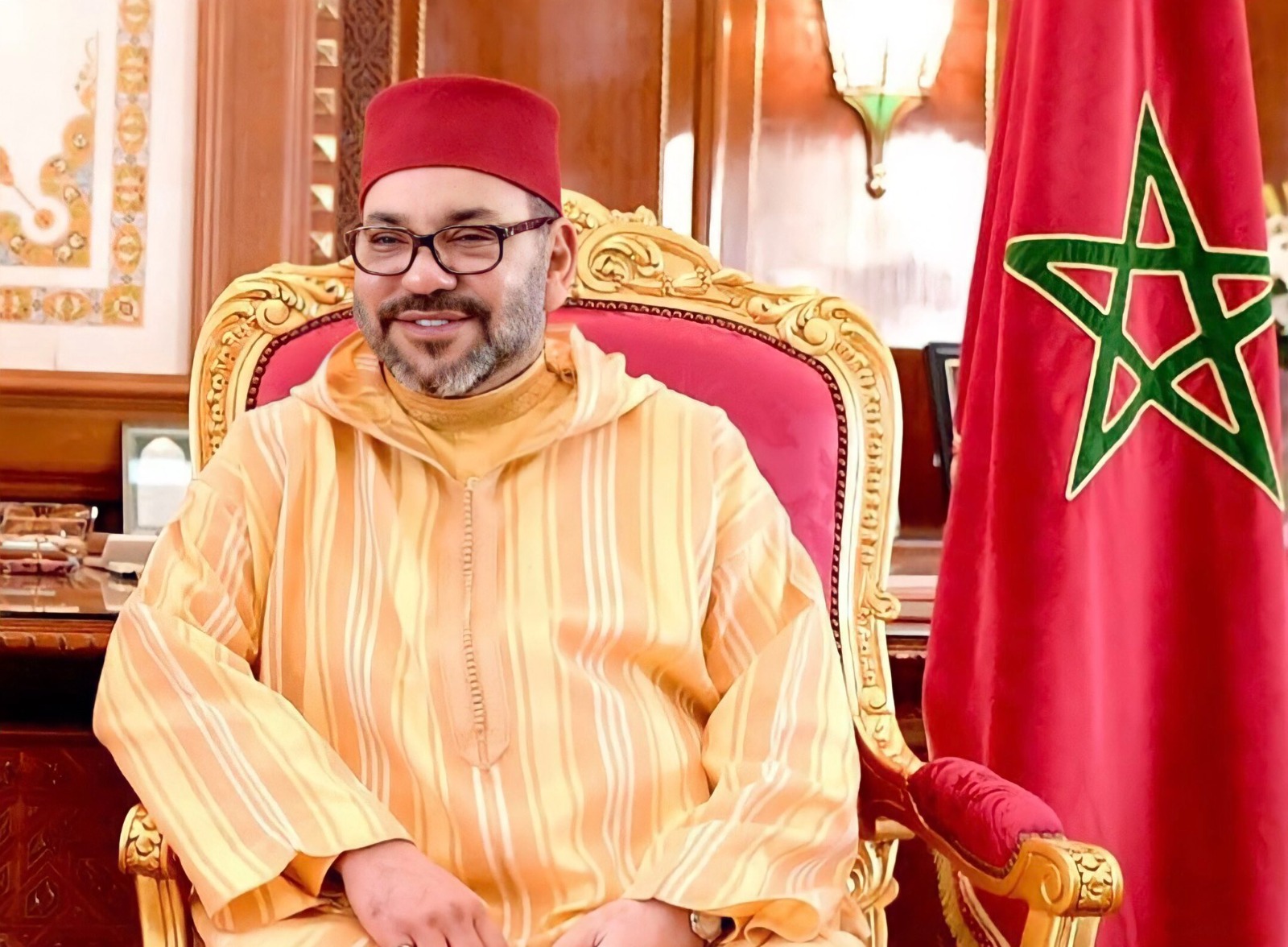
Defining Moments in Morocco’s Political History
Morocco’s political journey is marked by pivotal events that shaped its path from colonial rule to independence and beyond. From the establishment of protectorates to the Rif War, the Manifesto of Independence, and modern constitutional reforms, these moments reflect Morocco’s enduring struggle for sovereignty, unity, and political evolution.
1912
French and Spanish Protectorates Established
In 1912, Morocco was split into French and Spanish zones under the Treaty of Fez, sparking widespread resistance and igniting the national independence movement.
1921–1926
The Rif War and Rif Republic Formed
Abdelkrim El Khattabi led a fierce rebellion against colonial forces, creating the Rif Republic and pioneering guerrilla tactics that inspired global resistance movements.
1930
The Berber Dahir Sparks National Protests
The French-imposed Berber Dahir aimed to divide Arabs and Berbers, triggering widespread protests and strengthening the nationalist movement’s call for unity.
1943
Formation of the Istiqlal Party Begins
The Istiqlal Party was founded under Allal El Fassi, uniting political activists to demand independence and becoming Morocco’s leading nationalist force.
1944
The Manifesto of Independence Signed
Signed by figures like Ahmed Balafrej and Malika Al Fassi, the 1944 Manifesto formally demanded Morocco’s independence and recognition of sovereignty.
1953
Sultan Mohammed V Is Exiled
For supporting nationalist movements, Sultan Mohammed V was exiled by France, triggering widespread protests, strikes, and armed resistance nationwide.
1953–1955
The Moroccan Liberation Army Fights
Led by Mohamed Zerktouni and Abbas Messaadi, the Moroccan Liberation Army (ALM) intensified the armed struggle against French and Spanish forces.
1955
Sultan Mohammed V Returns Home
Following resistance and international pressure, Sultan Mohammed V returned from exile, symbolizing national unity and the approach of independence.
March 2, 1956
Morocco Declares Independence
On March 2, 1956, Morocco officially gained independence from France, followed by the liberation of Spanish-controlled regions later that year.
1956–1958
Tangier and Spanish Zones Recovered
Post-independence, Morocco regained Tangier and continued efforts to integrate northern regions previously controlled by Spain into the nation.
1957–1958
Morocco Fights the Ifni War
Morocco fought Spain to reclaim Ifni in the south. Although Spain retained control temporarily, the war reinforced Morocco’s territorial determination.
Post-1956
Struggle for Western Sahara Continues
Following independence, Morocco sought to reclaim Western Sahara from Spain, leading to the Green March in 1975. The region remains contested.
1975
The Green March Claims Western Sahara
In 1975, 350,000 Moroccans marched into Western Sahara during the Green March, asserting sovereignty over the disputed territory.
1960s–1980s
The Years of Lead Repression Starts
Under King Hassan II, Morocco experienced widespread political repression, human rights abuses, and censorship during the Years of Lead.
1965
Mehdi Ben Barka Disappears in Paris
The mysterious disappearance of Mehdi Ben Barka in Paris became an international scandal, highlighting Morocco’s political repression and diplomatic tensions.
2011
Constitutional Reforms and New Constitution
In response to the Arab Spring, Morocco implemented reforms that expanded parliamentary powers while maintaining the monarchy’s central authority.
Morocco’s Revolutionary Voice
on the Global Stage
Mehdi Ben Barka
Mehdi Ben Barka was a key figure in Morocco’s independence movement and a prominent leader in global anti-colonial activism. He organized the 1966 Tricontinental Conference in Havana, uniting liberation movements across Africa, Asia, and Latin America. His mysterious disappearance in 1965 became an international symbol of political repression and resistance.

Key Political and Legal Reforms in Morocco up to 2000
From independence struggles to human rights movements, Morocco experienced transformative political activism and legal reforms up to 2000. These pivotal changes in women’s rights, freedom of expression, and cultural recognition laid the foundation for Morocco’s modern political evolution and democratic program.
Moudawana Reform Movement
Women’s Rights and Family Law
In the 1980s and 1990s, Moroccan feminists like Latifa Jbabdi and Nouzha Skalli led campaigns to reform the Moudawana (Family Code), demanding gender equality in marriage, divorce, and child custody. These activists challenged traditional patriarchal structures through protests, publications, and political pressure.
Equity and Reconciliation Commission
Human Rights and Political Freedoms
The Years of Lead (1960s–1980s) under King Hassan II triggered widespread human rights activism in the 1990s. Groups like the Moroccan Association for Human Rights (AMDH) and figures such as Amina Bouayach fought against torture, political repression, and restrictions on freedom of expression.
Allowing political discourse and criticism
Freedom of the Press and Expression
During the 1990s, Moroccan journalists and activists pushed for press freedom, challenging strict censorship laws. Many faced imprisonment or harassment for criticizing the government. This activism intensified as King Mohammed VI ascended the throne in 1999, bringing a more liberal approach.
Royal Institute of Amazigh Culture
Berber (Amazigh) Rights and Cultural Recognition
The 1980s and 1990s saw a rise in Amazigh rights activism, demanding the recognition of Amazigh language and culture in Morocco’s national identity. Cultural associations advocated for the preservation of Amazigh heritage amid policies of Arabization.
social reforms and influenced labor laws
Labor Rights and Social Movements
Throughout the 1980s and 1990s, Morocco experienced major labor strikes and protests against economic inequality, poor working conditions, and government austerity measures. The Moroccan Workers’ Union (UMT) and other labor organizations mobilized workers to demand fair wages and social protections.
Political diversity and reform
Democratic Reforms and Political Pluralism
The 1990s witnessed growing calls for democratic reforms and political pluralism. The appointment of Abderrahmane Youssoufi as Prime Minister in 1998, a leader from the Socialist Union of Popular Forces (USFP), marked the first time an opposition figure led the government.
Greater political openness
Revisions to Press and Political Laws
The late 1990s saw increasing demands for legal reforms to expand freedom of expression and civil liberties. The ascension of King Mohammed VI in 1999 brought an era of political reform, with adjustments to the press code and more tolerance for political opposition.

Morocco’s International
Diplomatic Strategist
Ahmed Balafrej
Ahmed Balafrej was a leading strategist in Morocco’s fight for independence and a master of international diplomacy. He co-authored the 1944 Manifesto of Independence and secured global support through negotiations with France, Spain, and the United Nations. As Prime Minister, he shaped Morocco’s foreign policy, positioning the nation in the Non-Aligned Movement.
The Women Who Shaped Moroccan Politics
Behind Morocco’s political milestones stand fearless women who broke barriers and led change. From fighting for independence to championing women’s rights and driving policy reforms, these leaders redefined Morocco’s political landscape. Their courage and determination opened doors for future generations, leaving an enduring legacy of empowerment and progress.

Malika Al Fassi
Active: 1930s–1970s
Malika Al Fassi (1919–2007) was the only woman to sign the 1944 Manifesto of Independence, was a powerful voice in Morocco’s nationalist movement, championing women’s education and inspiring generations of female leaders to fight for their rightful place in society.
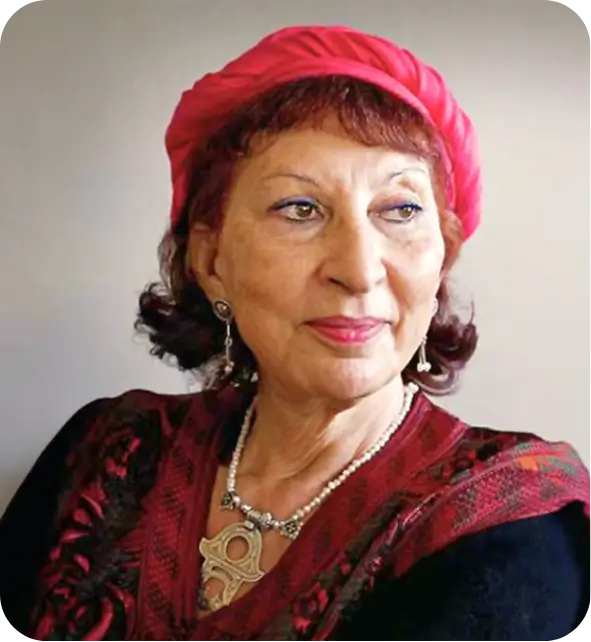
Fatima Mernissi
Active: 1970s–2000s
Fatima Mernissi (1940–2015) was a pioneering feminist scholar, revolutionized gender discourse in Morocco and beyond. Her bold ideas on women’s rights and democracy inspired reforms and empowered women across the Arab world to challenge societal norms.
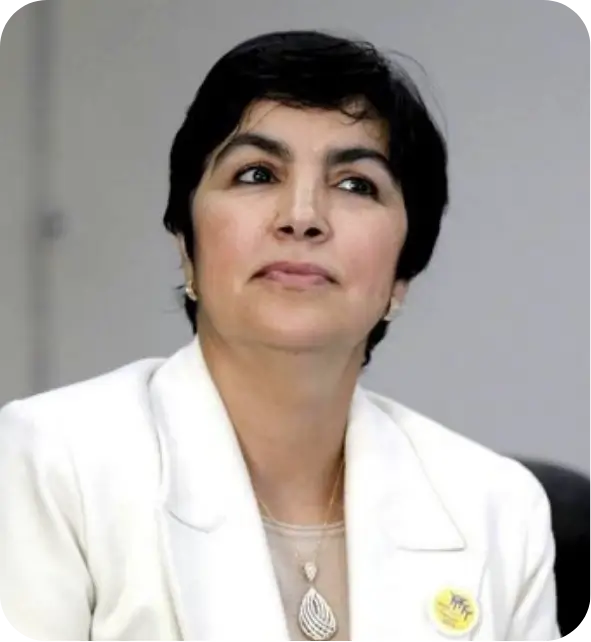
Zineb El Adaoui
Active: 2000s–2023
Zineb El Adaoui (1960–2023) shattered political barriers as Morocco’s first female Wali (Governor) and President of the Court of Accounts, promoting transparency and good governance while inspiring women to rise in public leadership roles.
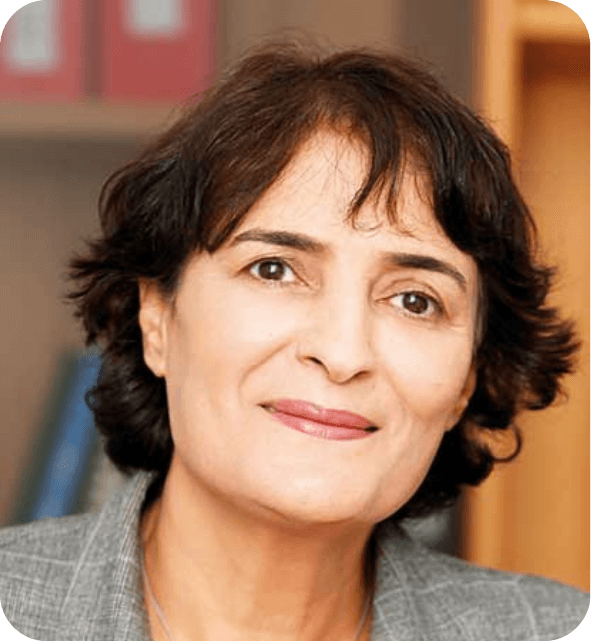
Latifa Jbabdi
Active: 1990s–2020s
Latifa Jbabdi (1955–2021) was a fierce advocate for women’s rights and a driving force behind the 2004 family law reforms. Her political activism and parliamentary work advanced gender equality and inspired women to engage in Moroccan politics.
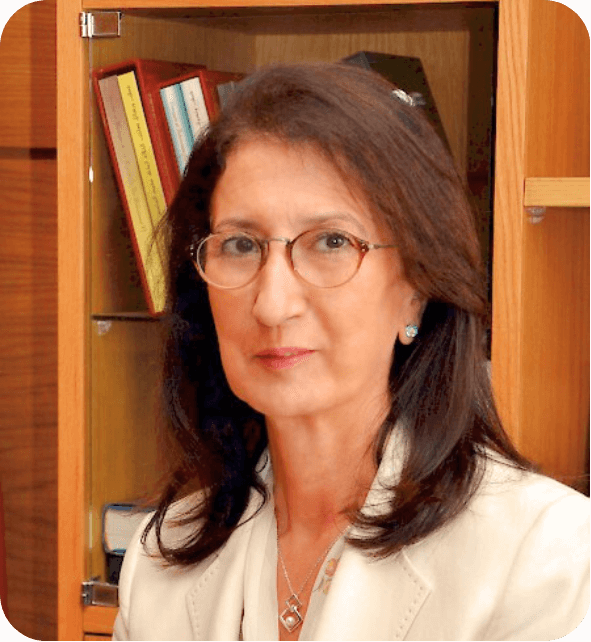
Amina Benkhadra
Active: 2000s–2020s
Amina Benkhadra (1954–2023) transformed Morocco’s energy sector as Minister of Energy, Mines, Water, and Environment, promoting sustainability and innovation. Her leadership in environmental governance inspired a new era of female leaders in science and politics.
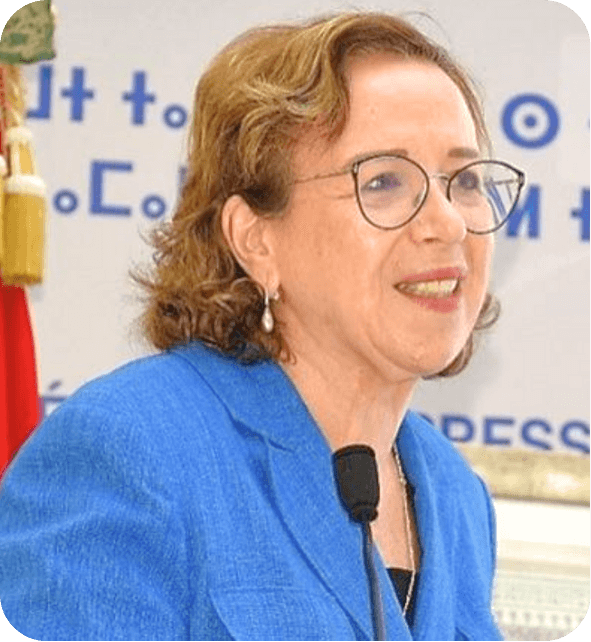
Nouzha Skalli
Active: 1990s–2010s
Nouzha Skalli (1950–2021), as Minister of Solidarity, Women, Family, and Social Development, championed gender equality and social reforms. Her tireless advocacy empowered Moroccan women, leaving a lasting legacy of progress and justice.
Were You Part of Morocco’s Political Journey?
Share Your Stories
If you or your family experienced Morocco’s political changes before 2000, we invite you to share your stories. Whether about leaders, activists, or personal moments, your experiences help preserve the legacy of Morocco’s path to progress and reform.

